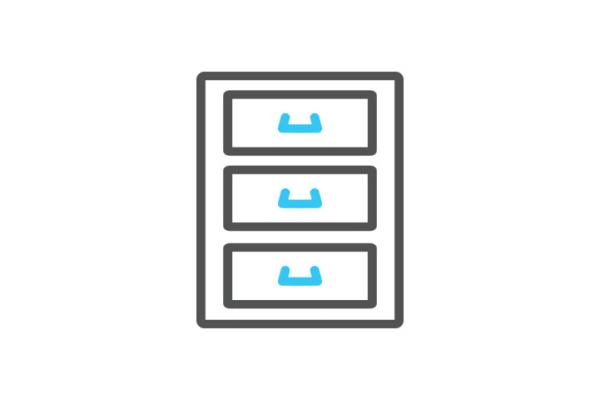Health Technology Assessment (HTA) summarises information about medical, economic, social and ethical issues related to the use of a health technology. Examples of health technologies include medicinal products, medical equipment for diagnostic and treatment, prevention methods.
How does it work?
When HTA bodies are asked to evaluate a new health technology, they have to assess whether it works better, equally well, or worse than existing alternatives. For this, they typically need to assess the therapeutic effect of the drug, but also potential side-effects, influence on quality of life and means of administration.
HTA also assess other aspects of the use of the technology, for example its cost implications for the patient and its impact on the organisation of healthcare systems in the administration of treatment. It is therefore a multidisciplinary process that reviews the medical, economic, organisational, social and ethical issues related to the use of a health technology in a systematic manner.
Impact on the national decision-making
The main purpose of HTA is to provide policy-makers with evidence based information, so they can formulate health policies that are safe, effective, patient-focused and cost-effective. It is also used by national authorities to help decisions on which technology should be reimbursed at national level.




